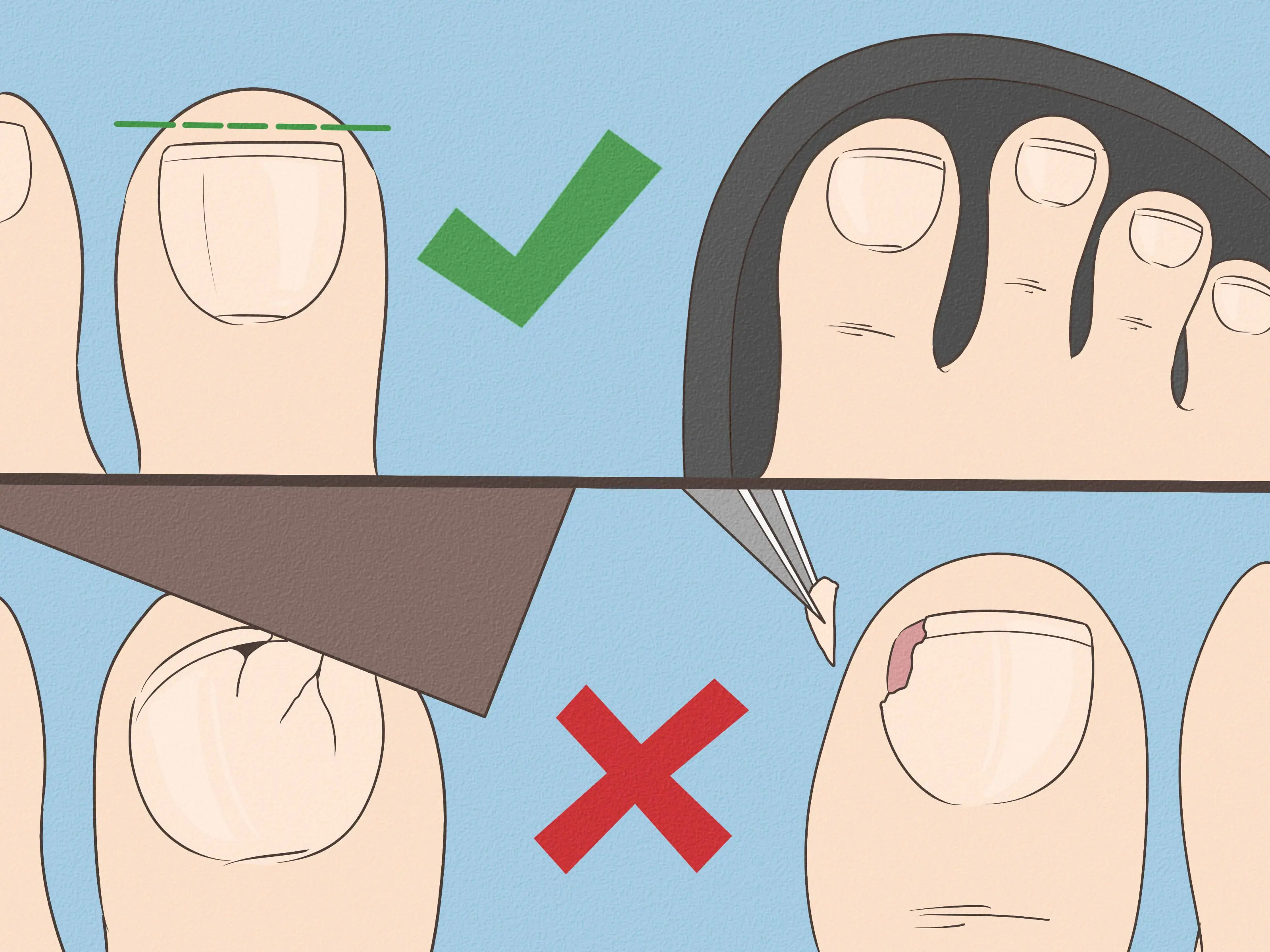
Why You Should Stop Using Petroleum Jelly On Your Skin (It’s a Byproduct of the Petroleum Manufacturing Process)
Petroleum jelly, often sold under the brand name Vaseline, is a widely used and inexpensive product for moisturizing and softening skin. However, it's a byproduct of the petroleum manufacturing process, and its use on the skin has raised some concerns.
While some experts and manufacturers say that petroleum jelly is safe due to a triple-purification process, others argue that there are better, more natural alternatives.
Why You Should Reconsider Using Petroleum Jelly
Petroleum jelly is a semisolid mixture of hydrocarbons derived from crude oil. It works by creating a waterproof barrier on the skin's surface, which prevents moisture from escaping. While this can be effective for softening dry skin, it comes with a few drawbacks:
-
It forms a barrier, not a nourisher. Unlike natural oils that contain vitamins, antioxidants, and fatty acids, petroleum jelly offers no nutritional benefits to the skin. It simply locks in moisture without adding any nutrients.
-
It may contain harmful substances. Some reports suggest that certain petroleum-based products can contain hydrocarbons that the body cannot metabolize. These can be stored in fatty tissues and, in some cases, passed on through breastfeeding.
-
It could disrupt hormones. Some research indicates that hydrocarbons found in petroleum jelly may have estrogenic activity, which could potentially disrupt a woman's endocrine system.
-
It could cause other health issues. Some doctors have linked the use of petroleum jelly in the vaginal area to an increased risk of bacterial vaginosis. Additionally, inhaling petroleum jelly or mineral oil over prolonged periods, such as from applying it to the nostrils, has been associated with a risk of developing lipoid pneumonia, a condition where fat-based substances accumulate in the lungs.

Natural and Safer Alternatives to Petroleum Jelly
If you're looking for an alternative that not only protects your skin but also nourishes it, consider these natural oils and butters:
-
Shea Butter: Rich in vitamins A and E, shea butter is an excellent moisturizer that also has antibacterial, antiviral, and antifungal properties. It's a great choice for treating dry skin, eczema, and even nasal congestion.
-
Coconut Oil: Unlike petroleum jelly, coconut oil penetrates the skin's layers to provide deep moisturization. Its lauric acid has antibacterial properties, making it effective for killing infection-causing germs and treating itchy skin conditions like eczema.
-
Jojoba Oil: Jojoba oil is perfect for all skin types because it mimics the natural sebum produced by your skin. It hydrates the skin without feeling greasy and helps to repair damaged skin due to its anti-inflammatory properties.
-
Almond Oil: High in Vitamin E and fatty acids, almond oil is an excellent emollient. It's gentle enough to be used on delicate areas like the skin around the eyes and can help reduce the appearance of fine lines and wrinkles.
-
Cocoa Butter: This natural butter is packed with polyphenols that improve skin elasticity and tone. It's an ideal choice for preventing stretch marks and is used in natural treatments for various skin conditions, including psoriasis and acne.
-
Beeswax, Olive Oil, and Honey: A mixture of these three ingredients has been shown to be more effective than petroleum jelly in treating inflammatory skin conditions like dermatitis and psoriasis.
Conclusion
While petroleum jelly is a cheap and effective way to soften dry skin, the potential health concerns associated with it and its lack of nutritional value for the skin make natural alternatives a far superior choice. Natural oils and butters not only provide a protective barrier but also deliver essential vitamins and antioxidants that nourish your skin from the inside out, helping it stay healthy and blemish-free.
News in the same category

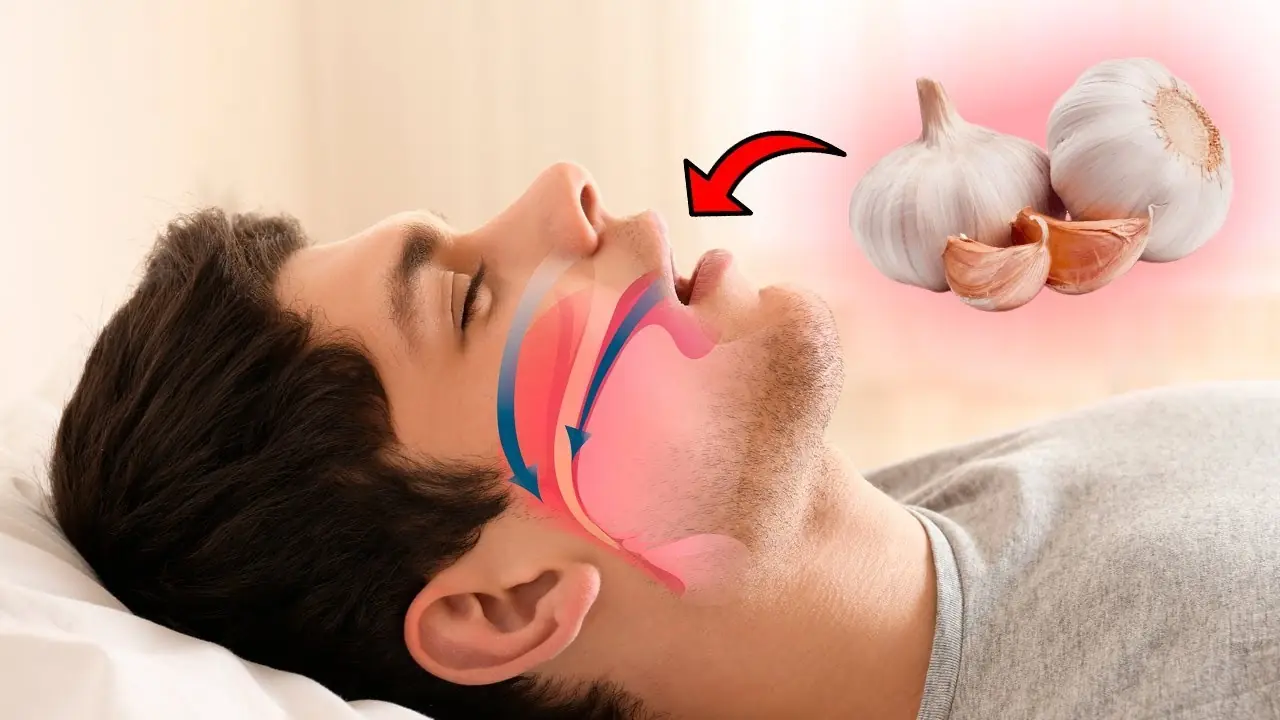
This Is What Happens to Your Body When You Start Eating Raw Garlic
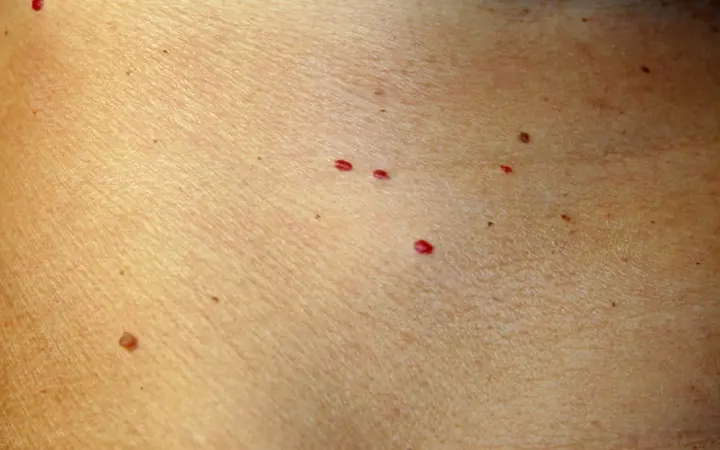
What Those Red Spots on Your Skin Are Warning You About and How to Remove Them Naturally
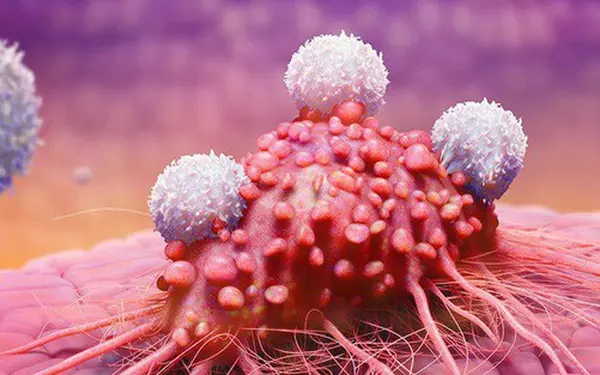
Small Morning Habits That Many Overlook but Boost Blood Flow and Energy
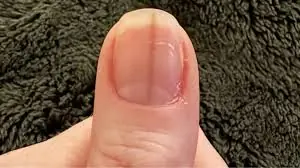
Woman Urged to See Doctor After Spotting Concerning Line

Groups of People Who Need to Avoid Eating Bread
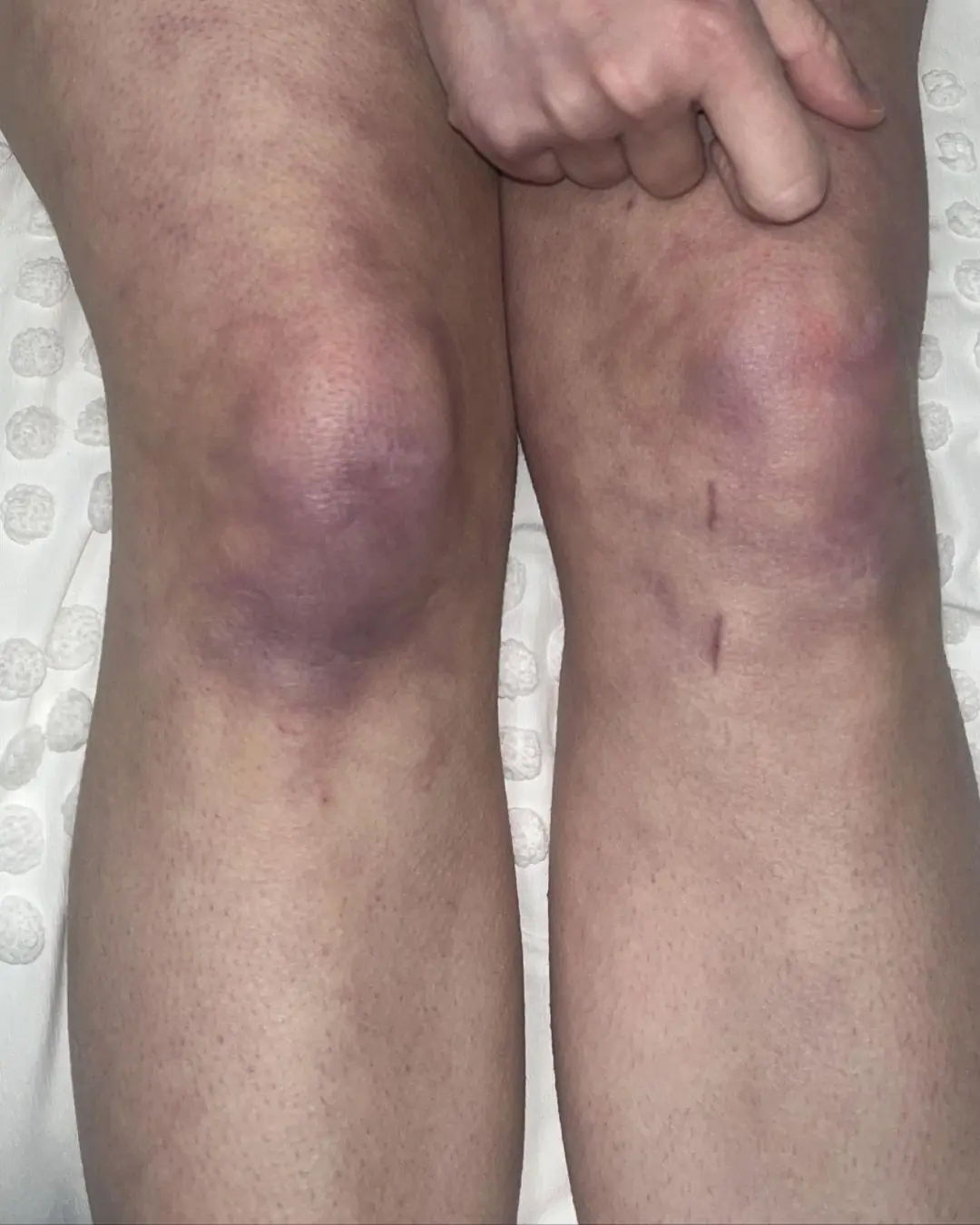
What those strange skin patterns might really mean
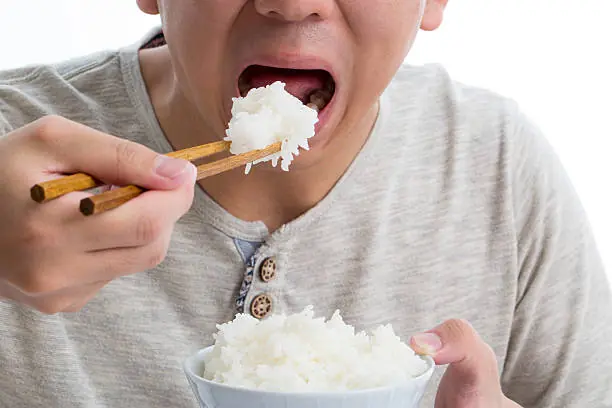
Should You Eat Rice for Breakfast

Preventing Stroke At Any Age: 3 “Don’ts” After Meals—And 4 “Don’ts” Before Bed
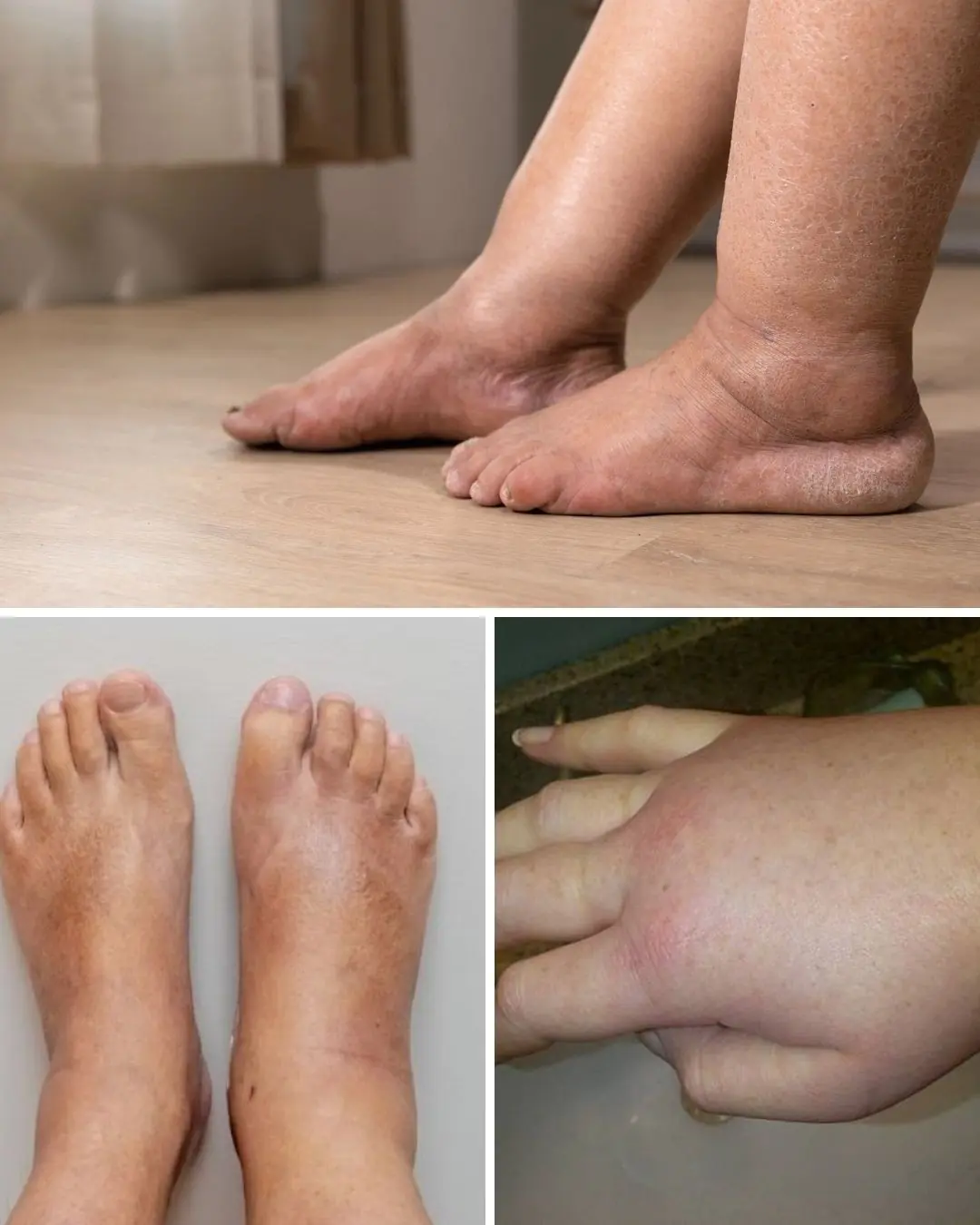
Foods that can ease swelling in hands and feet
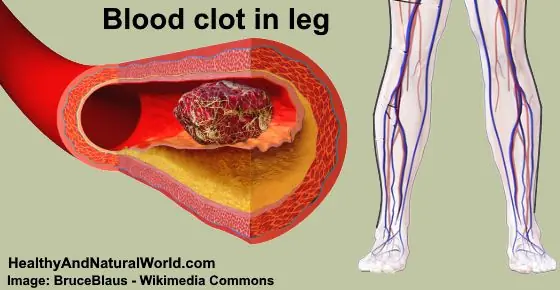
Blood Clot in Leg: Signs and Symptoms You Shouldn’t Ignore (Pictures Included)

The Most Effective Ways to Naturally Get Rid of Clogged Ears

Most US Neurologists Who Prescribe MS Drugs Take Industry Money
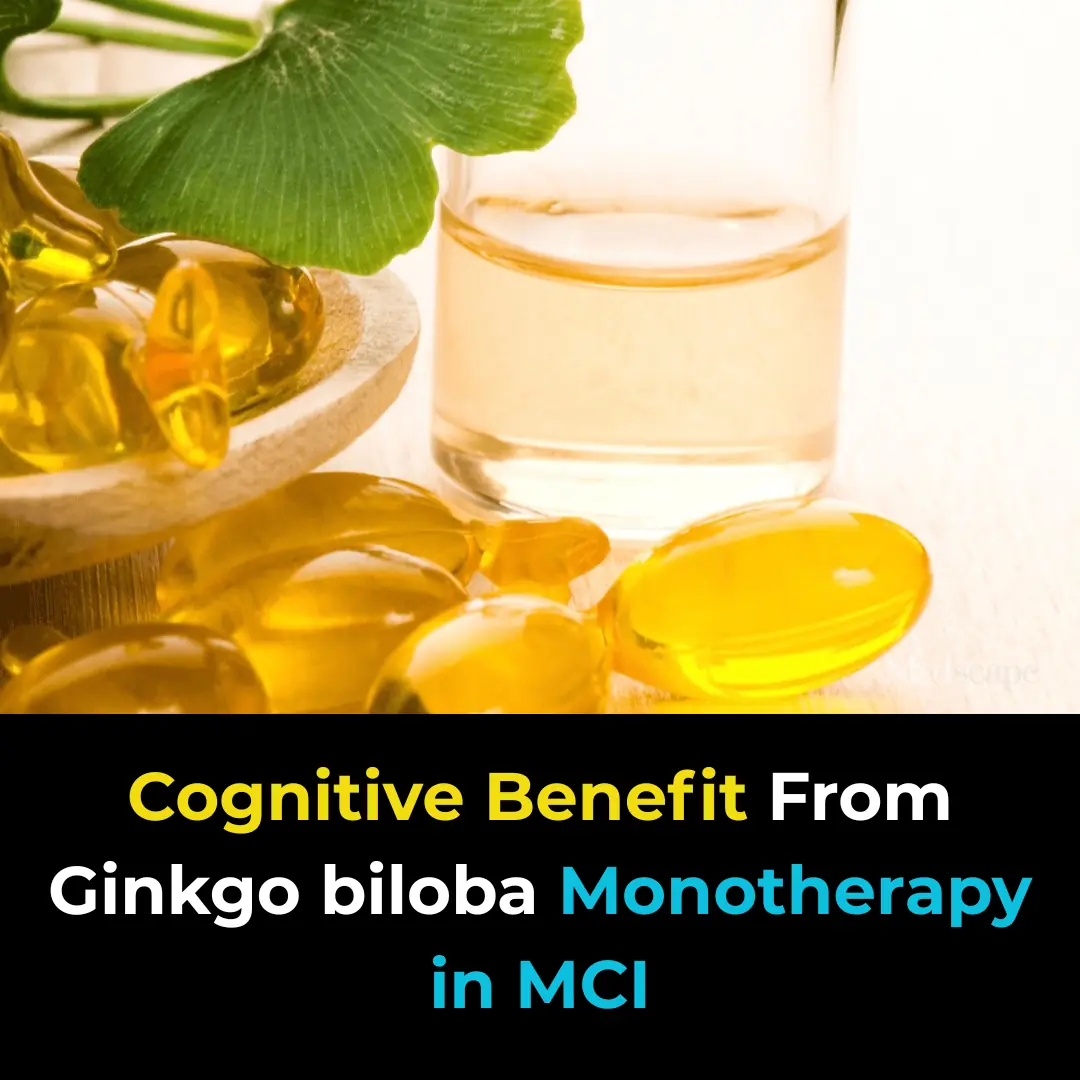
Cognitive Benefit From Ginkgo biloba Monotherapy in MCI
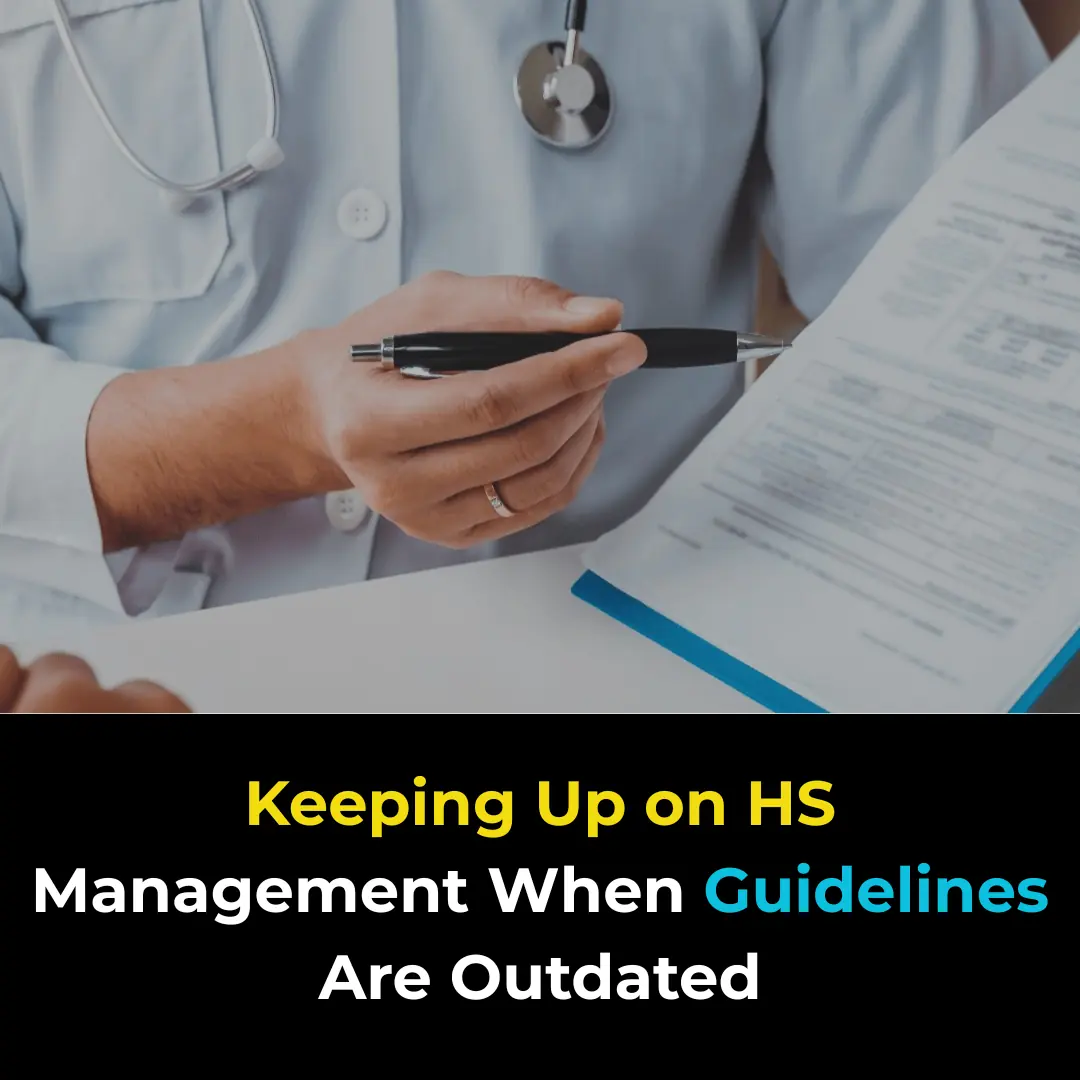
Keeping Up on HS Management When Guidelines Are Outdated

How Your Body Changes in Your Forties and What It Means for Your Health

17 Foods That Increase Magnesium And Prevent High Blood Pressure, Blood Clots And Muscle Fatigue
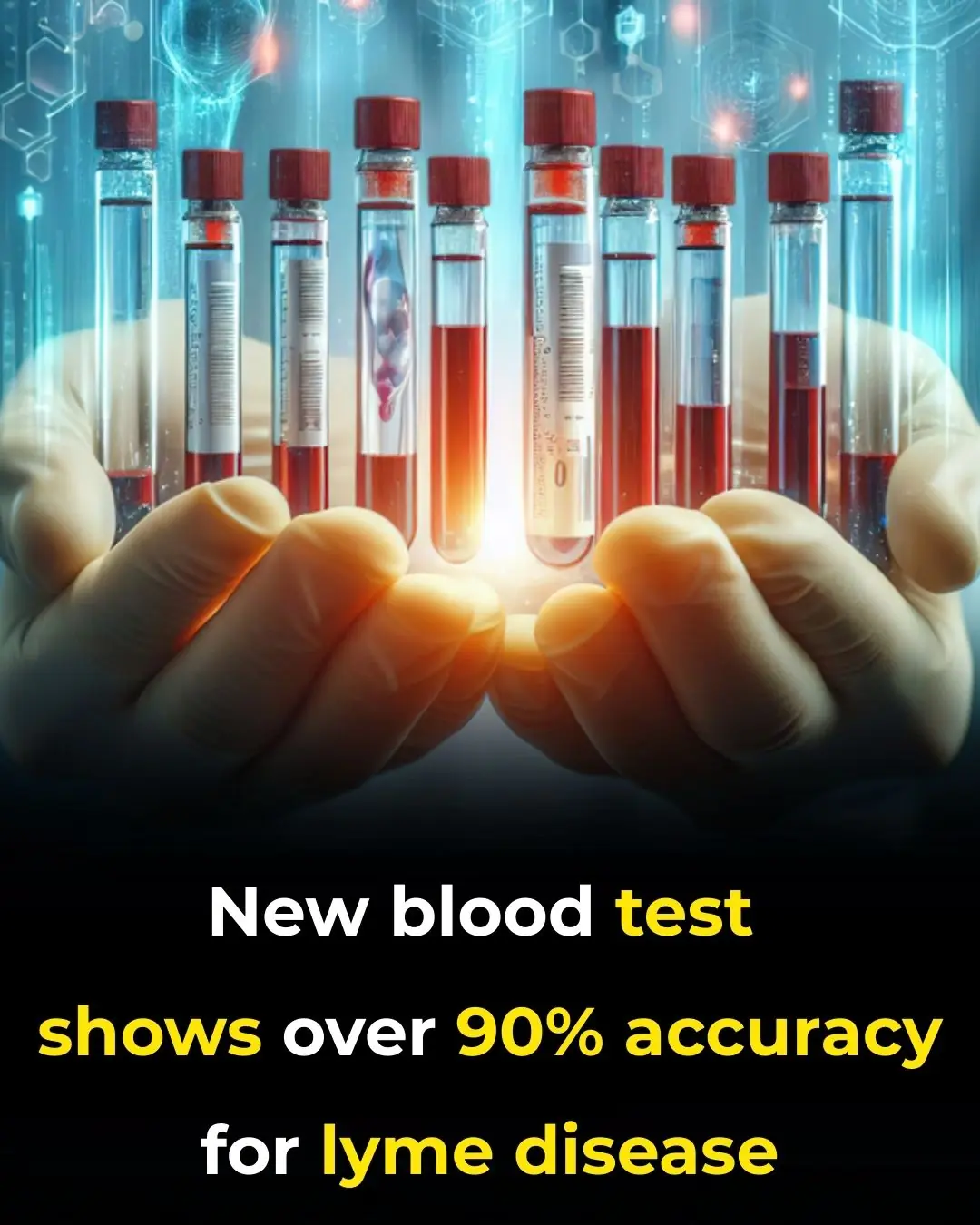
New Blood Test Shows Over 90% Accuracy for Lyme Disease
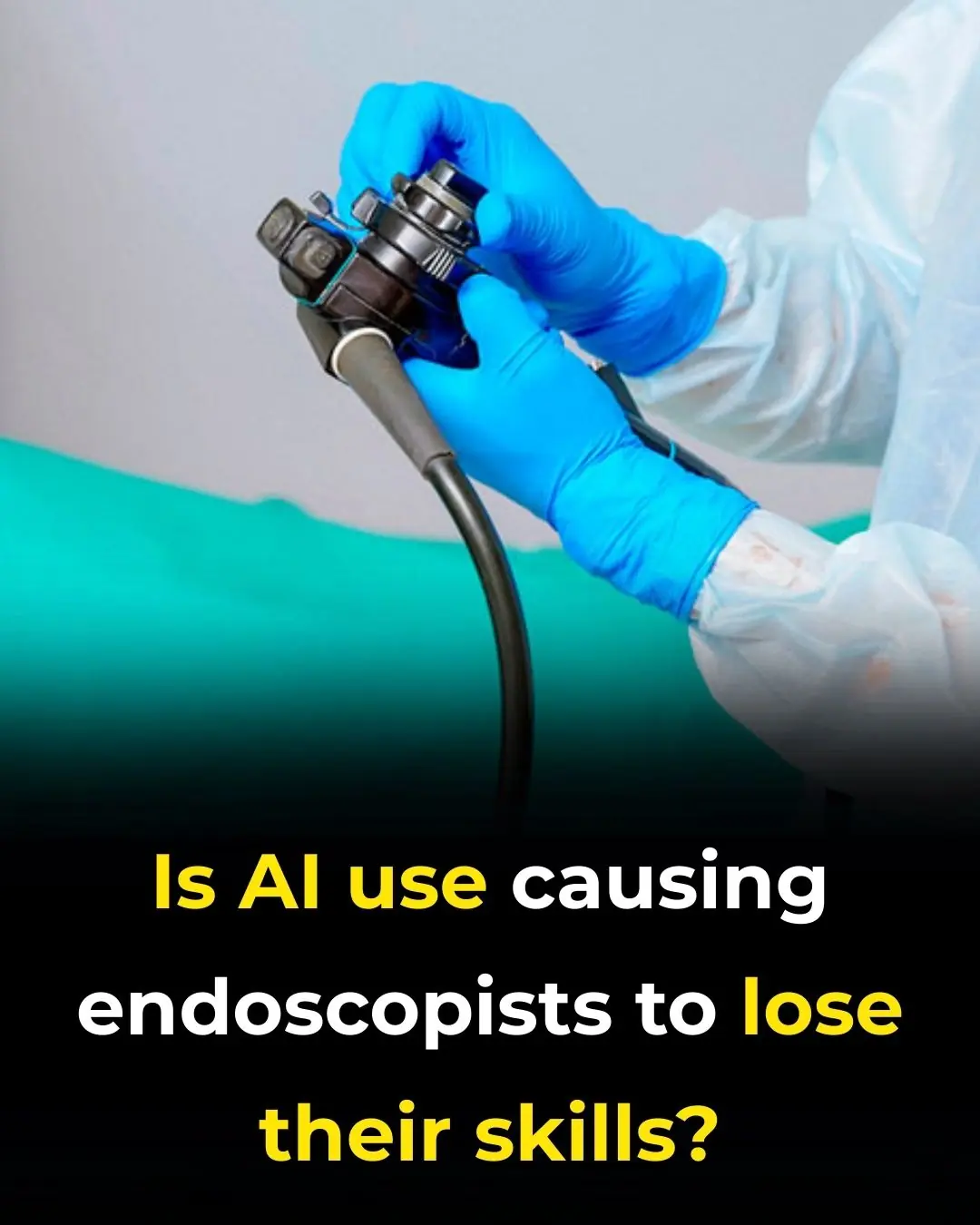
Is AI Use Causing Endoscopists to Lose Their Skills?
News Post
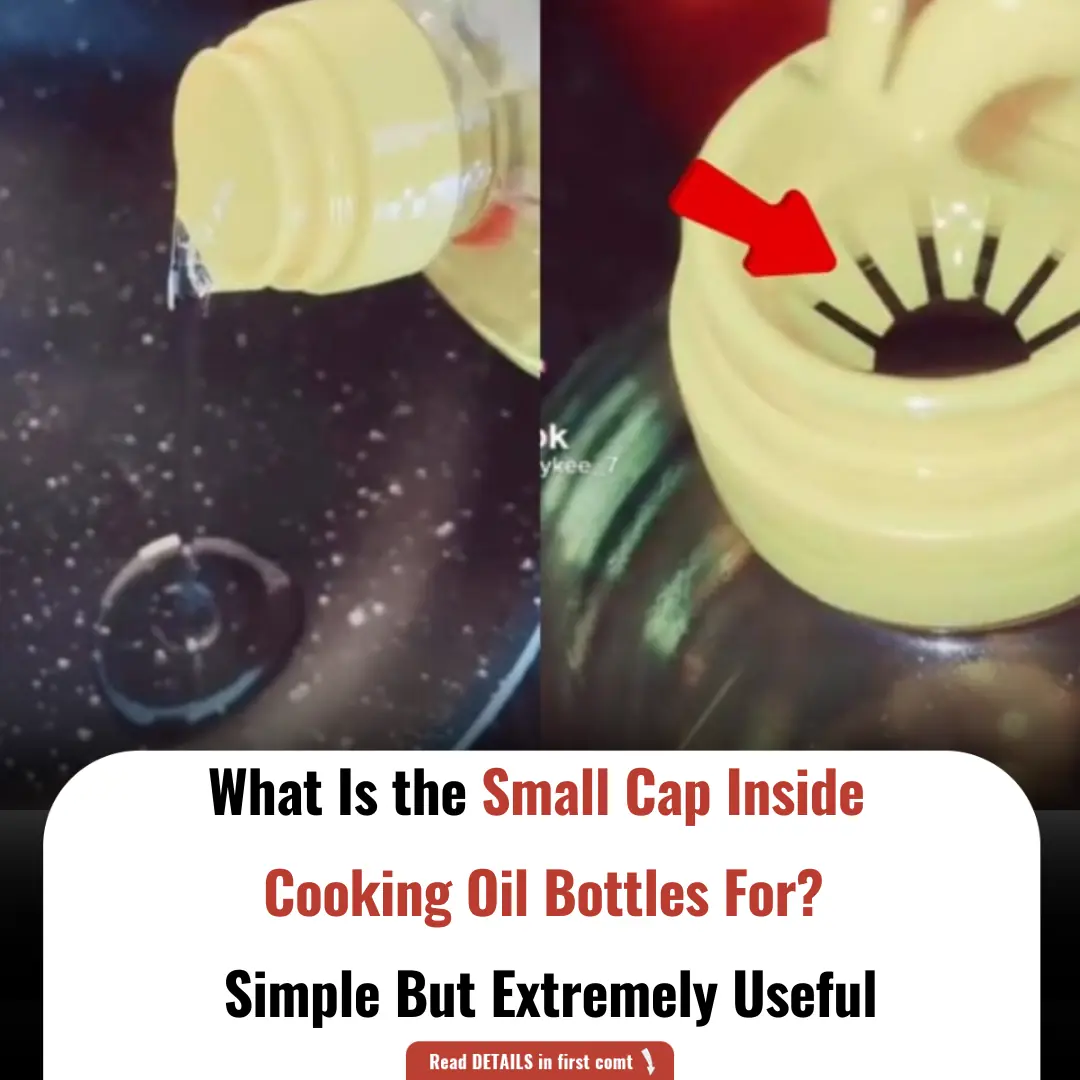
What Is the Small Cap Inside Cooking Oil Bottles For? Simple But Extremely Useful
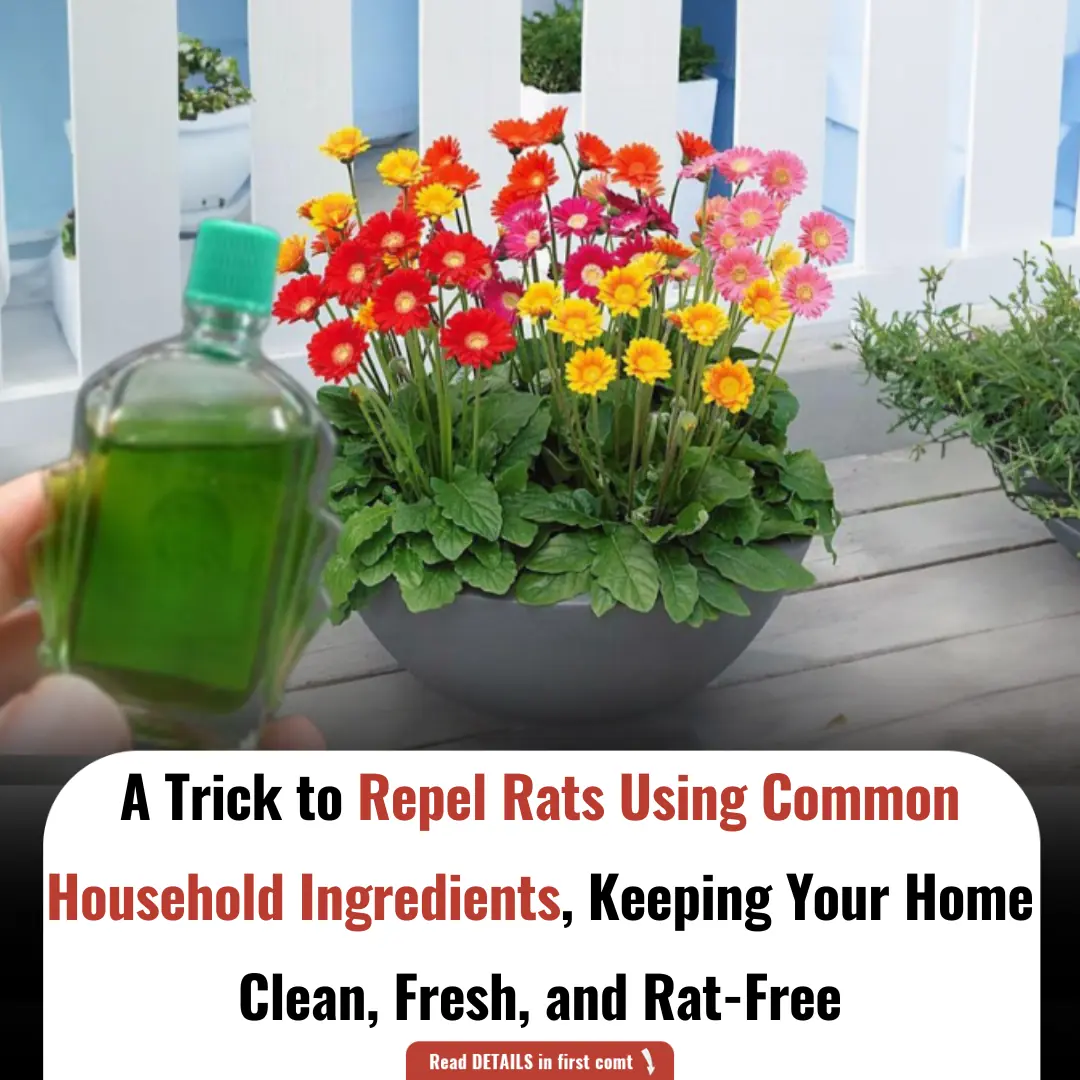
A Trick to Repel Rats Using Common Household Ingredients, Keeping Your Home Clean, Fresh, and Rat-Free

Place a Face Mask in the Refrigerator: A Small Trick with Unexpected Results
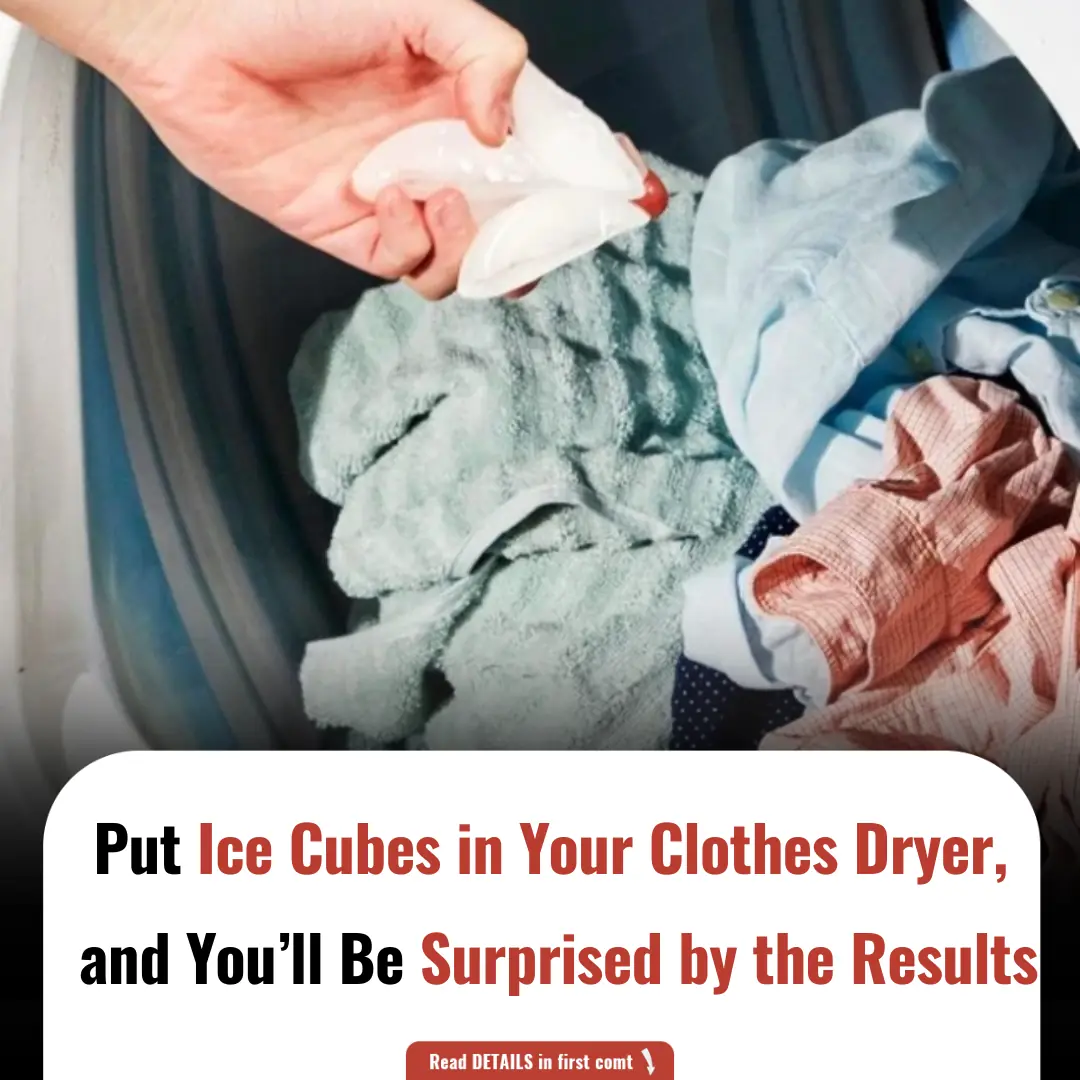
Put Ice Cubes in Your Clothes Dryer, and You’ll Be Surprised by the Results
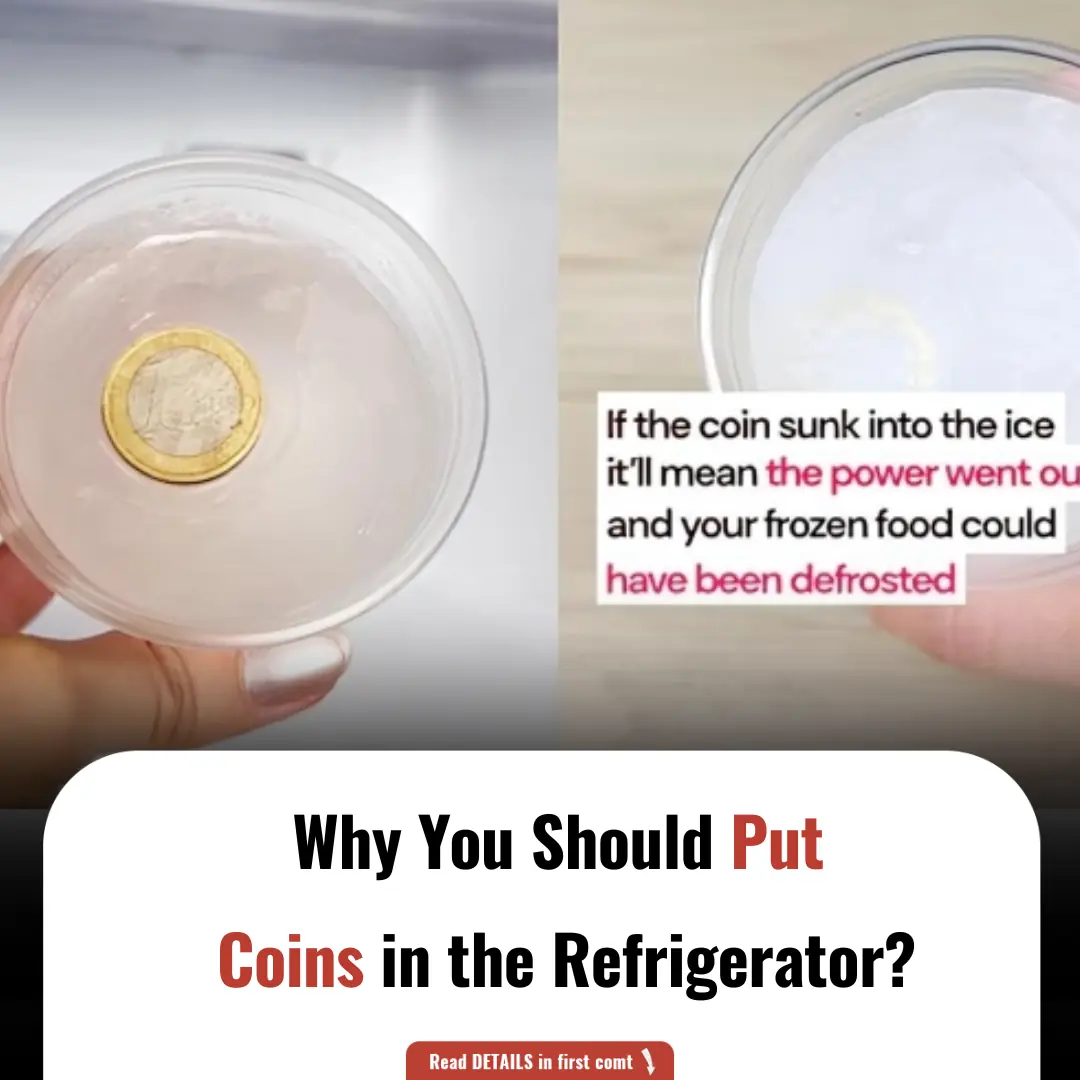
Why You Should Put Coins in the Refrigerator?
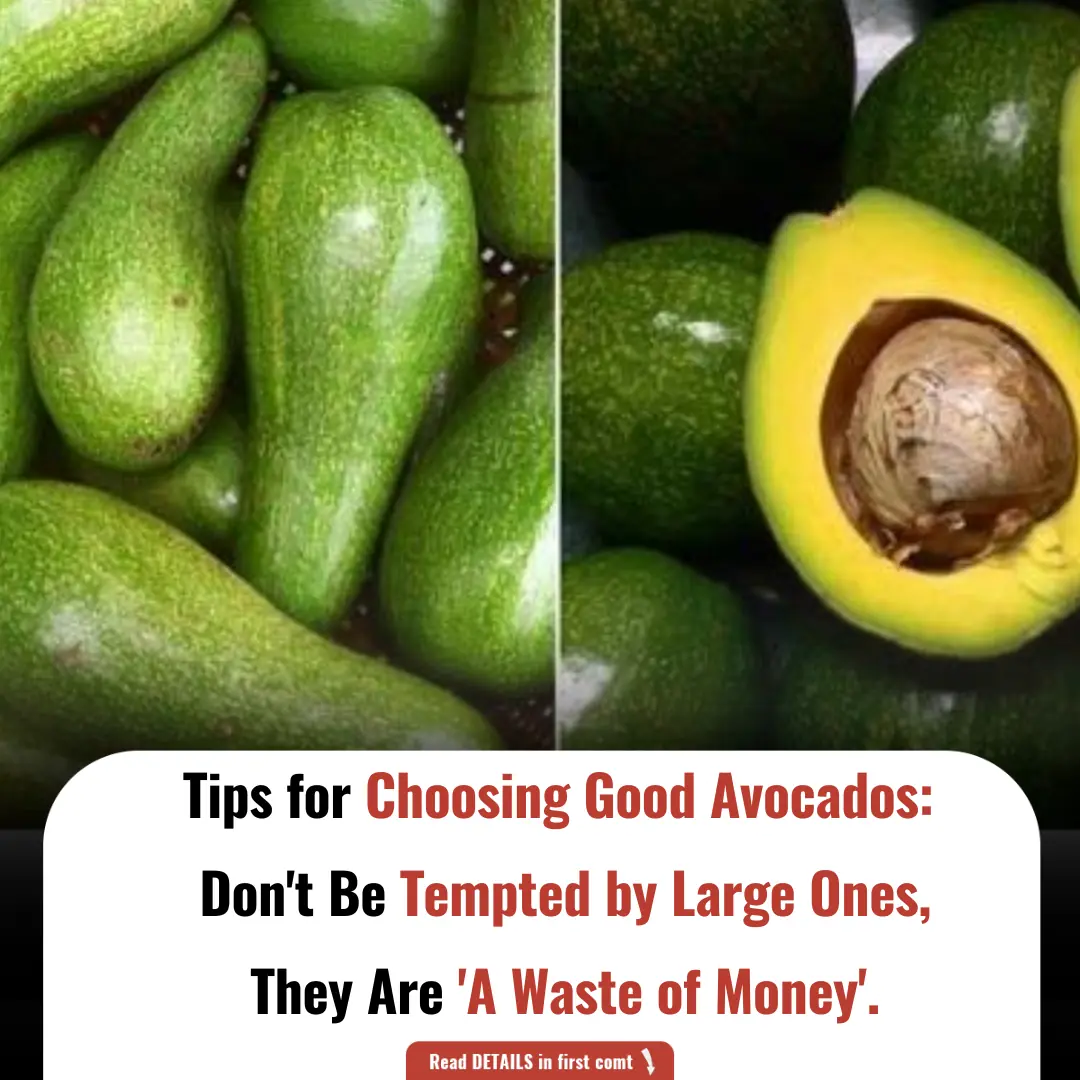
Tips for Choosing Good Avocados: Don't Be Tempted by Large Ones, They Are 'A Waste of Money'.

Natural Home Remedies for Ingrown Toenails That Bring Quick Relief

This Is What Happens to Your Body When You Start Eating Raw Garlic

What Those Red Spots on Your Skin Are Warning You About and How to Remove Them Naturally

Small Morning Habits That Many Overlook but Boost Blood Flow and Energy
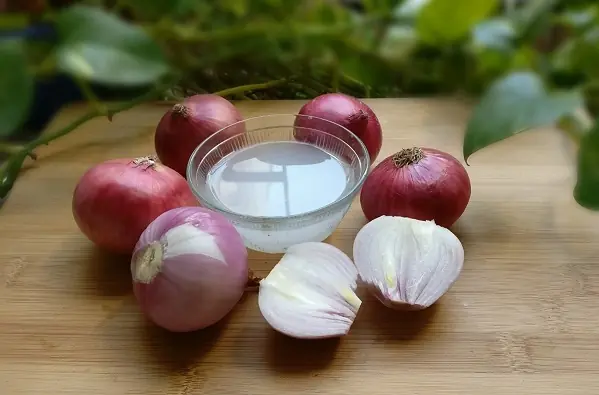
How to use Onion juice & Onion Hair Oil for Hair Growth – Onion Benefits for Hair

What it says about your relationship when your partner sleeps with their back to you

Woman Urged to See Doctor After Spotting Concerning Line
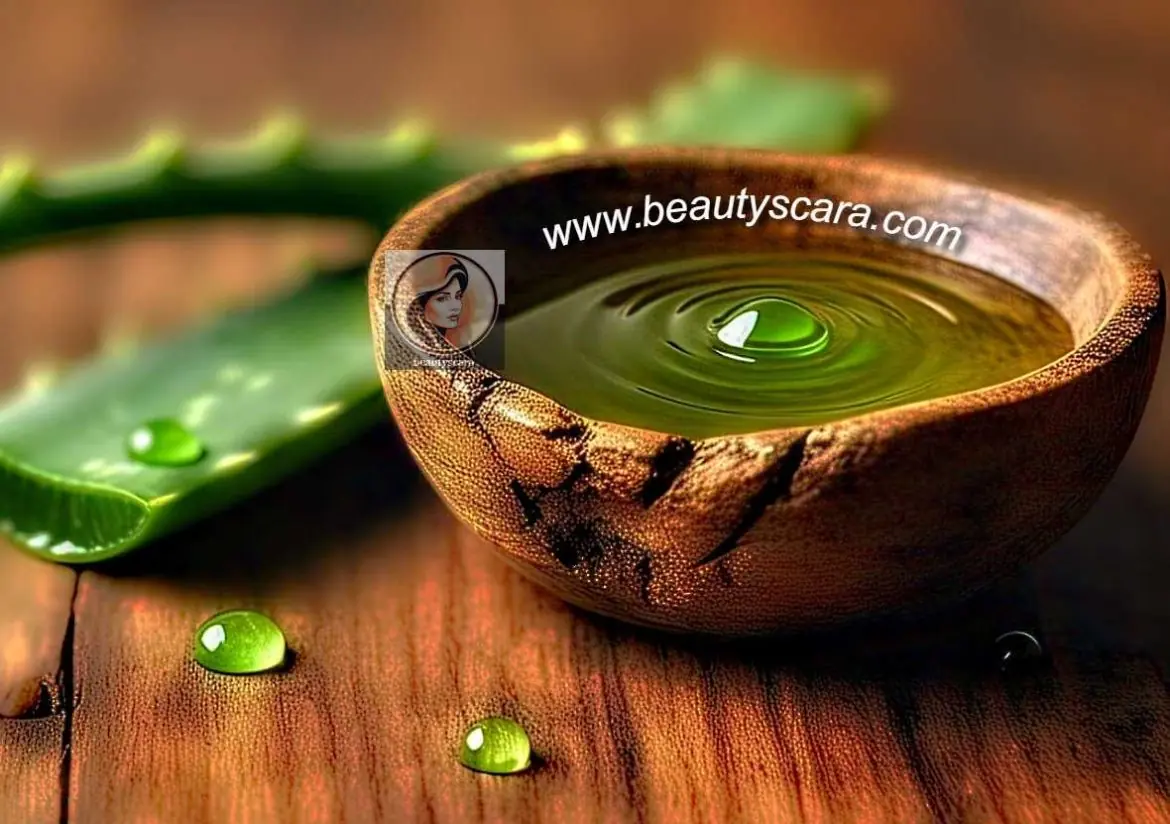
Homemade Okra Face Gel – Collagen Gel for Glowing Skin

Groups of People Who Need to Avoid Eating Bread

What those strange skin patterns might really mean

Should You Eat Rice for Breakfast

Preventing Stroke At Any Age: 3 “Don’ts” After Meals—And 4 “Don’ts” Before Bed
